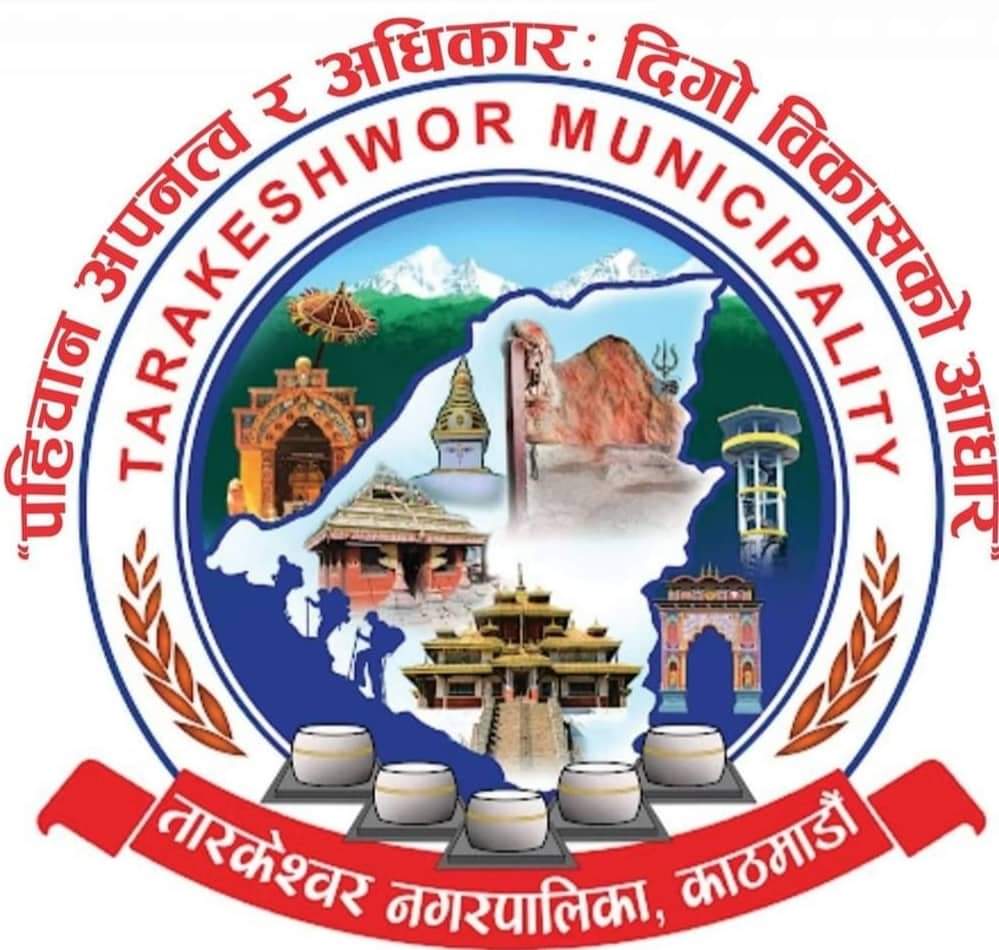Policy advocacy is one of the most powerful tools for creating long-lasting social change. In Nepal, women with disabilities are increasingly stepping into advocacy roles to demand their rights, influence laws, and hold duty-bearers accountable. Their lived experiences and voices are essential in shaping policies that reflect their needs.
Historically, policymaking has excluded women with disabilities. They were spoken for, not spoken with. But this is changing. Thanks to growing grassroots movements and support from disability rights organizations, many women are now trained in advocacy, leadership, and legal rights. They are participating in dialogues, forming networks, and presenting policy recommendations directly to government bodies.
From demanding accessible public services to pushing for gender-inclusive disability budgeting, these women are leading change. They have contributed to monitoring the implementation of the CRPD and are now using shadow reports to highlight the gaps in state compliance. Local-level advocacy is also increasing, with women raising their voices in municipal planning processes.
Still, challenges remain—patriarchal norms, limited funding, and lack of data on women with disabilities all hinder progress. But the movement is growing. As more women with disabilities are empowered, they are building a strong, united voice that is impossible to ignore.
Advocacy is not just about changing laws—it’s about changing attitudes, systems, and futures. Women with disabilities in Nepal are proving that they are not just beneficiaries—they are leaders in building a more inclusive society.
